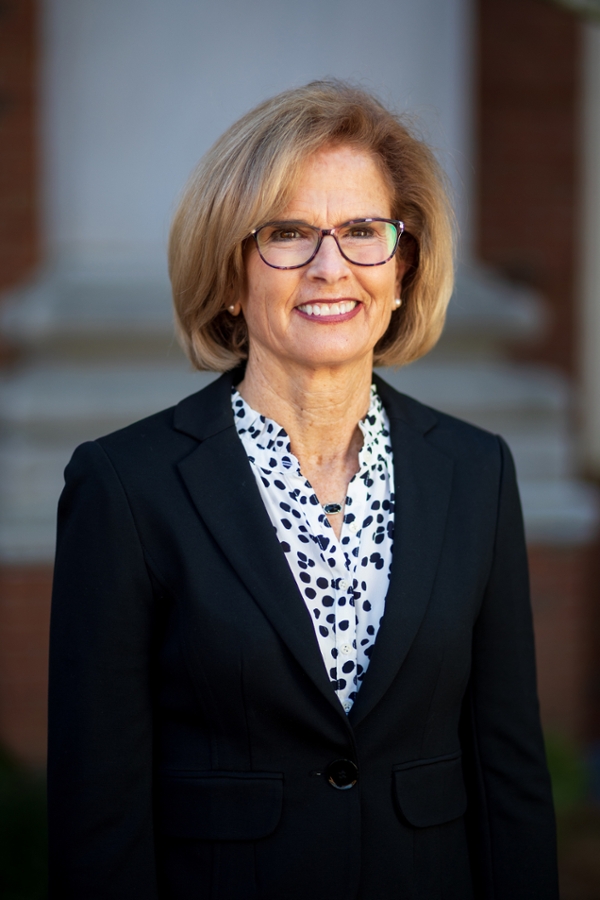
As senior assistant dean of Academic Programs for Samford University's Brock School of Business, Barbara Cartledge has created and taught many important courses for Samford students. However, one course–Business and Local Poverty–is her absolute favorite. First introduced for Jan term 2009, it is now offered for May term.
“The Lord created this course,” says Cartledge, who serves as both an administrator and assistant professor in Brock School of Business. “It’s a gift to go alongside these students as they learn to understand poverty and what poverty means, and to then see them go into the community to learn and to serve.”
Open to any major across campus, Business and Local Poverty has served psychology, sociology and health science undergraduates as well as business majors. In addition to reading books about poverty from a secular and Christian perspective, students keep daily journals which they present at the close of the course.
“Their final presentation is to look back and say how this is going to make a difference for them,” she said. “I want them to consider how their perspectives have changed.” Students’ perspectives are typically changed not only from the texts they read and business leaders (who advocate for those in poverty) Cartledge brings to speak to the class, but by their experiences with local ministry partners. This year she expects students to serve and learn at Christ Health Center in Woodlawn, Birmingham’s Christian Service Mission, The Foundry in Bessemer, the Lovelady Center in East Lake, and Greater Shiloh Missionary Baptist Church in West End, along with other inner-city Birmingham locations.
The course aligns with the school's mission of providing an excellent education grounded in faith and calling. It also supports the school’s emphasis on ethics-based and values-oriented business practices. But for Cartledge, the biggest reason the course is her favorite is because it impacts lives for Christ.
By the time students complete the coursework, they are equipped to not only view poverty differently, but to consider how they can incorporate service to the less fortunate into their personal and professional lives on a long-term basis. Some, like Cartledge, will serve as hands-on volunteers as well as on nonprofit boards. Some will eventually use what they have learned to lead companies, organizations and churches in Biblical service to the poor.
Cartledge's biggest challenge in preparing for the class is promoting the course to students not planning to be in Birmingham during May term. “It’s my prayer that God guides those who will be in the course,” she says. “I’m thankful that I have the privilege of being able to share this course with these students. It’s a blessing to see the Lord working in their hearts about this issue, to see their perspectives change, and to see them walk away as citizens who can serve Jesus.”
To learn more or to refer students for the life-changing class, contact her at bhcartle@samford.edu or 205-726-2935.

